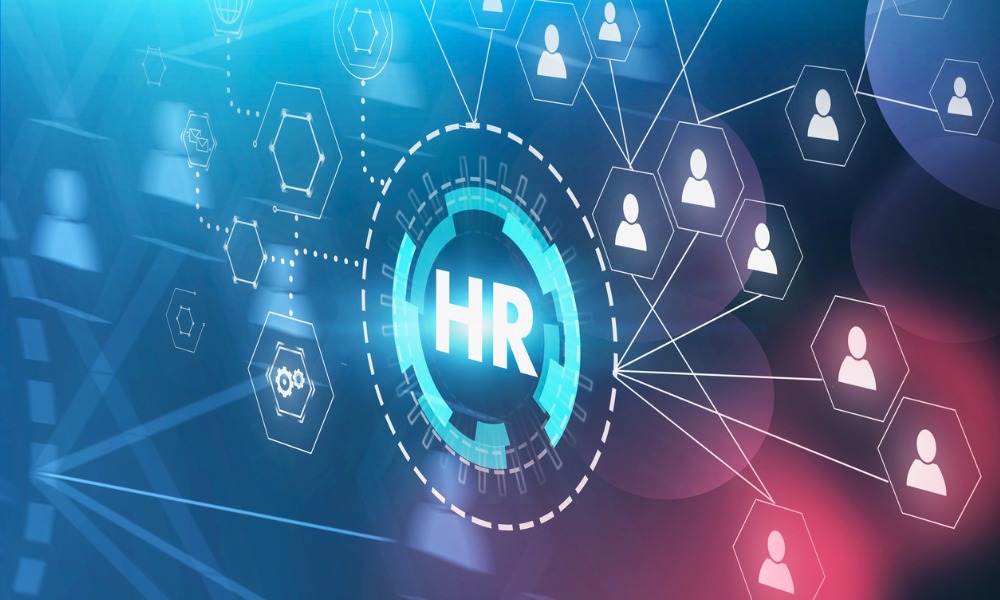
Human resources (HR) systems have evolved significantly over the years, transforming from basic administrative tools into sophisticated platforms that drive organizational efficiency and employee engagement. Modern HR systems are integral to managing a e leave system range of functions, from recruitment and onboarding to performance management and payroll. By automating routine tasks and providing actionable insights, these systems enable HR professionals to focus on strategic initiatives that align with the organization’s goals and improve overall workforce management.
Understanding the Core Functions of HR Systems
At their core, HR systems are designed to streamline and automate various HR functions. Key features typically include applicant tracking systems (ATS) for managing recruitment processes, onboarding modules to integrate new hires smoothly, and performance management tools to track employee progress and development. Additionally, these systems often incorporate payroll and benefits management, time and attendance tracking, and compliance monitoring. By centralizing these functions in a single platform, HR systems help reduce administrative burdens, minimize errors, and ensure consistency across HR processes.
The Role of HR Systems in Enhancing Recruitment and Onboarding
One of the primary benefits of HR systems is their impact on recruitment and onboarding. Advanced HR platforms offer applicant tracking systems that simplify the recruitment process by automating job postings, candidate screening, and interview scheduling. These systems enable HR professionals to manage large volumes of applications efficiently and identify the best candidates quickly. During onboarding, HR systems facilitate the smooth integration of new hires by providing digital access to necessary documentation, training resources, and company policies. This streamlined approach helps reduce time-to-hire and enhances the new employee experience.
Performance Management and Employee Development
HR systems play a crucial role in performance management and employee development. Modern platforms provide tools for setting performance goals, conducting regular evaluations, and gathering feedback. These systems often include features for 360-degree feedback, self-assessments, and performance reviews, allowing for a comprehensive view of employee performance. Additionally, HR systems can support career development by tracking employee skills, training progress, and succession planning. By leveraging data from performance management modules, organizations can make informed decisions about promotions, raises, and professional development opportunities.
Payroll and Benefits Administration
Managing payroll and benefits is a complex and critical function within HR. HR systems simplify this process by automating calculations for salaries, taxes, and deductions, ensuring accuracy and compliance with legal regulations. These systems also facilitate benefits administration by integrating with providers to manage health insurance, retirement plans, and other employee benefits. Automated payroll processing reduces the risk of errors and ensures timely payments, while comprehensive benefits management tools help HR teams address employee inquiries and manage enrollments effectively.
The future of HR Systems: Trends and Innovations
The future of HR systems is shaped by ongoing technological advancements and emerging trends. Artificial intelligence (AI) and machine learning are increasingly being integrated into HR platforms to enhance data analytics, predictive hiring, and personalized employee experiences. Additionally, the rise of cloud-based solutions offers greater flexibility and scalability, allowing organizations to access HR tools from anywhere and adapt to changing needs. Trends such as employee self-service portals, mobile access, and integration with other enterprise systems are further advancing the capabilities of HR platforms. Staying abreast of these innovations can help organizations leverage HR systems to drive strategic initiatives and foster a more agile and engaged workforce.
